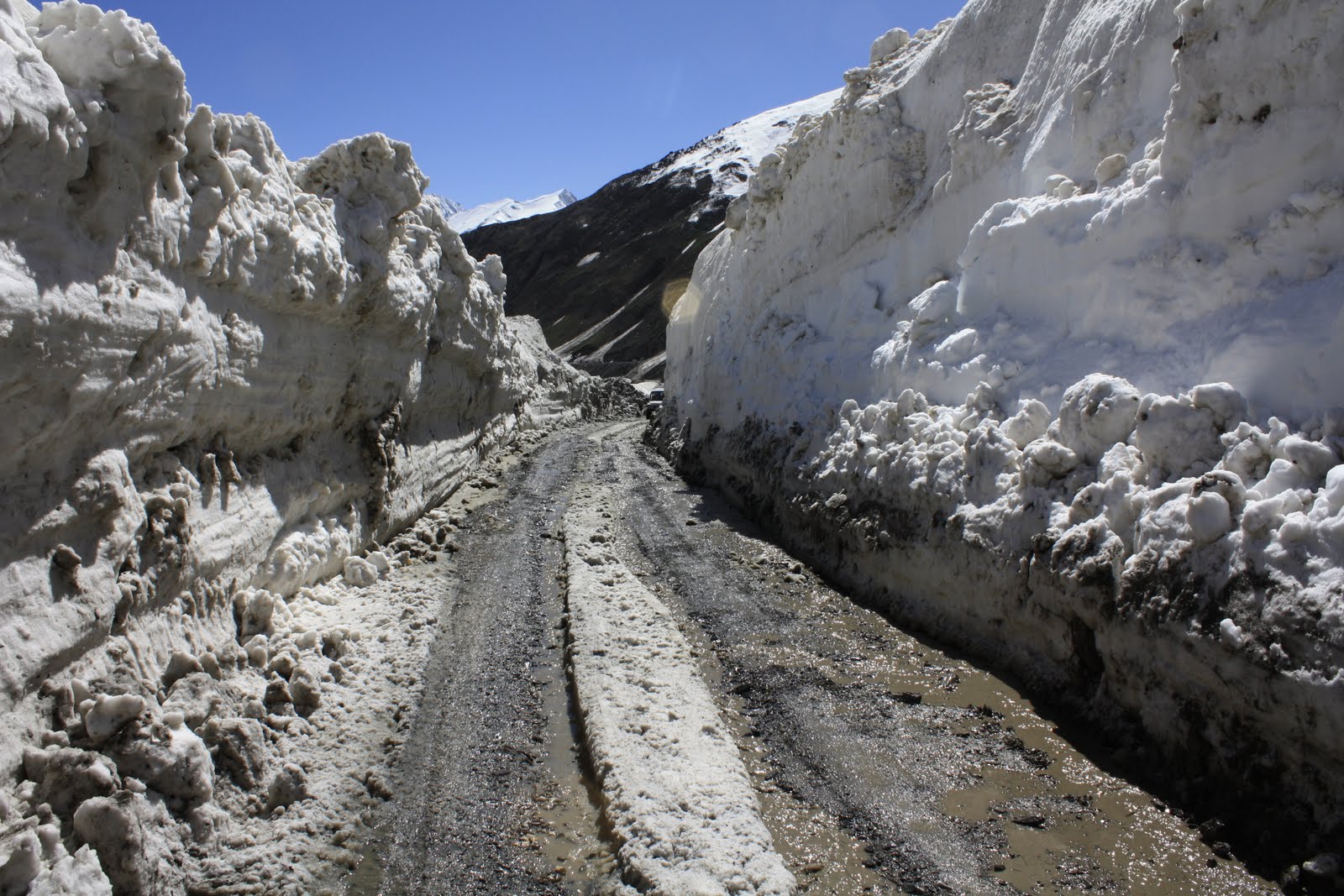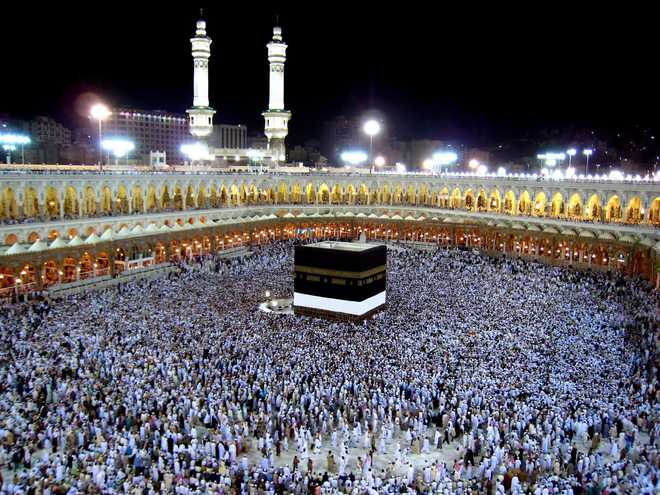by Faiqa Masoodi
SRINAGAR: The Muslim minority in India voted tactfully and secured 25 berths in the 2024 Lok Sabha elections. Almost 14 of these lawmakers represent constituencies where Muslims are in the majority. These include four from erstwhile Jammu and Kashmir state.

A total of 78 Muslims were in the fray in the Lok Sabha elections this year, a significant drop from the last polls when various parties fielded 115 Muslim candidates.
There were 22 MPs elected to Lok Sabha in 2014 and 27 in 2019. This election saw 25 reaching the highest decision-making body in the country.
Winners include Congress candidate Imran Masood from Saharanpur who won by a margin of 64,542 votes while Iqra Choudhary, a 29-year-old Samajwadi Party candidate from Kairana, secured victory over BJP Pradeep Kumar by 69,116 votes.
Afzal Ansari, the incumbent MP from Ghazipur, won the seat by bagging 5.3 lakh votes while AIMIM chief Asaduddin Owaisi retained his Hyderabad seat by a margin of 3,38,087 votes over his nearest rival BJP’s Madhavi Latha Kompella.
In Ladakh, Independent candidate Mohammad Haneefa secured a victory by a margin of 27,862 votes while another Independent candidate Abdul Rashid Sheikh won Jammu and Kashmir’s Baramulla seat by bagging 4.7 lakh votes.
In Uttar Pradesh, Samajwadi Party’s Mohibbullah won the Rampur seat by securing 4,81,503 votes, while Zia Ur Rehman won in Sambhal by a margin of 1.2 lakh votes.
Mian Altaf Ahmad of the National Conference won in Jammu and Kahsmir’s Anantnag-Rajouri seat by 2,81,794 votes against former Jammu and Kashmir chief minister Mehbooba Mufti. In Srinagar NC candidate Aga Syed Ruhullah Mehdi secured 3,56,866 votes.
In West Bengal’s Baharampur seat, first-time contender Yusuf Pathan beat Congress’ leader in the Lok Sabha and six-time MP Adhir Ranjan Chowdhury by 85,022 votes.
Muslim representation in the 16th Lok Sabha (2014 election) had dipped to its lowest so far at 22. In the 15th Lok Sabha, 33 members of the community were elected. The highest number of Muslim MPs in the Lok Sabha was in 1980 when 49 members of the community were elected.

Muslims, it may be recalled here, are the second major community in India. There are 15 Muslim-majority constituencies in India. Among them, Baharampur in West Bengal elected Congress’ Adhir Ranjan Chowdhury in 2019, and the Trinamool Congress’ (TMC) Yusuf Pathan, a member of the community, this time. The community is also dominant in Assam’s Barpeta, where Phani Bhusan Choudhary of the Asom Gana Parishad (AGP) has won this time.
A general impression is that political parties have avoided offering a mandate to Muslims after the BJP’s rise to power in 2014. In 2024, the Congress nominated Muslims in only 19 seats when compared with 34 in 2019; the TMC fielded six Muslim candidates when compared with 13 in 2019; and the Samajwadi Party (SP) had only four Muslim candidates, half the number it had in 2019.
In 2024, the INDIA bloc, which includes the Congress, TMC, SP, Rashtriya Janata Dal (RJD), Nationalist Congress Party (NCP), and the Communist Party of India-Marxist (CPI-M) has fielded 78 Muslim candidates, down from 115 in 2019, while the BJP has fielded one, and its ally, the Janata Dal-United (JD-U) one more in Bihar.
The Bahujan Samaj Party (BSP) fielded 35 Muslim candidates in 2024, the highest among all parties, albeit almost half of the 61 it fielded in 2014.
Unlike in the past, Muslims have voted tactfully. “The Muslim voter in 2024 has voted very carefully. Muslims have tacitly taken a step back and voted for safety and security,” Rashid Kidwai told The Hindu. “They (Muslim voters) would surely want a seat at the high table, but for now they are insecure about safety and security issues, and have made decisive choices while voting.”
When Modi assumed power in 2014, the outgoing parliament had 30 Muslim lawmakers — and just one was a member of the BJP. Muslims now hold 25 out of 543 seats, and none belong to the BJP.
“In the mid-1980s, Muslims accounted for 11 per cent of India’s population, and had 9 11 per cent of seats in parliament; today they are 14 11 per cent of the population and have less than 5 11 per cent of seats in parliament,” American wire service AP reported last month. “The political representation of Muslims at the state level is only slightly better. India has more than 4,000 lawmakers in state legislatures across 28 states and Muslim lawmakers hold roughly 6 per cent of these seats.” In Uttar Pradesh, the country’s most populous state where roughly 16 per cent of residents are Muslim, just 7 per cent of state lawmakers are Muslim.
In the 2024 polls, BJP picked M Abdul Salam, a former VC of a University, as its only Muslim out of some 430 BJP candidates. Had he won, he would be the first Muslim member of the BJP since 2014 in Lok Sabha. He lost and was not even a runner-up.
Here is the list of Muslim candidates who made it to the Lok Sabha
Amroha: Kunwar Danish Ali (Congress)
Ghazipur: Afzal Ansari (SP)
Kairana: Iqra Chaudhary (SP)
Rampur: Mohibbullah (SP)
Saharanpur: Imran Masood (Congress)
Sambhal: Zia Ur Rehman (SP)
Jangipur – Khalilur Rahaman (TMC)
Murshidabad – Abu Taher Khan (TMC)
Basirhat – Sk Nurul Islam (TMC)
Baharampur – Pathan Yusuf (TMC)
Malda Dakshin – Isha Kishan Choudhary (Congress)
Uluberia – Sajda Ahmed (TMC)
Katihar- Tariq Anwar (INC)
Kishanganj- Mohammad Jawed (INC)
Vadakara – Shafi Parambil (INC)
Malappuram – E.T. Mohammed Basheer (IULM)
Ponnani – Dr. M.P Abdussamad Samadani (IUML)
Ramanthapuram – Navaskani K Navas (IUML)
Hyderabad – Asaduddin Owaisi (Aimim)
Dhubri – Rakibul Hussain (Congress)
Baramulla – Abdul Rashid Sheikh (IND)
Srinagar – Aga Syed Ruhullah Mehdi (JKNC)
Anantnag-Rajouri – Mian Altaf Ahmad ((JKNC)
Ladakh – Haji Hanifa Jan (INC)
Lakshadeep – Muhammad Hamdullah Sayeed (INC)
(this report was edited for corrections. An earlier report based on PTI that was an early take)
PTI adds:
As many as 24 Muslim candidates across the country have won the Lok Sabha elections and they include former cricketer Yusuf Pathan of the Trinamool Congress from Bahrampur in West Bengal and Congress’ Rakibul Hussain from Dhubri in Assam.
However, the community’s presence in the 18th Lok Sabha has reduced marginally from 26 last time but is higher than the 2014 tally when 23 Muslim candidates were elected to the lower house of Parliament.
As many as 78 Muslims were in the fray in the Lok Sabha elections this year, a significant drop from the last polls when 115 Muslim candidates were fielded by various parties.
Among the Muslim candidates who won this time, Rakibul Hussain’s victory in Dhubri was significant in terms of the winning margin. The Congress candidate secured 14.71 lakh votes and defeated his nearest rival Mohammad Badruddin Ajmal by one of the highest margins of about 10 lakh votes.
On the other hand, first-time contender Yusuf Pathan beat Congress leader in the Lok Sabha and six-time MP Adhir Ranjan Chowdhury by 85,022 votes in his Baharampur bastion in West Bengal.
Congress candidate from Uttar Pradesh’s Saharanpur, Imran Masood, won by a margin of 64,542 votes while Iqra Choudhary, a 29-year-old Samajwadi Party candidate from Kairana, secured victory over BJP’s Pradeep Kumar by 69,116 votes.
Afzal Ansari, the incumbent MP from Ghazipur and the younger brother of gangster-politician Mukhtar Ansari, retained the seat by bagging 5.3 lakh votes while 28-year-old Iqra Choudhary won the Kairana seat by a margin of over 69,000 votes.
Samajwadi Party’s Mohibbullah won the Rampur seat by securing 4,81,503 votes, while Zia Ur Rehman won in Sambhal by a margin of 1.2 lakh votes.
AIMIM chief Asaduddin Owaisi retained his Hyderabad seat by a margin of 3,38,087 votes over his nearest rival BJP’s Madhavi Latha Kompella.
In Jammu and Kashmir, National Conference’s Srinagar candidate Aga Syed Ruhullah Mehdi, a prominent Shia leader, secured 3,56,866 votes and won by a margin of 1.88 lakh votes against his nearest rival PDP’s Waheed-ur-Rehman Parra.
Mian Altaf Ahmad of the National Conference won in Anantnag-Rajouri by 2,81,794 votes against former Jammu and Kashmir chief minister Mehbooba Mufti.
In Ladakh, Independent candidate Mohammad Haneefa secured a victory by a margin of 27,862 votes while another Independent candidate Abdul Rashid Sheikh won Jammu and Kashmir’s Baramulla seat by bagging 4.7 lakh votes.
In Bihar, Congress’ Tariq Anwar won the Katihar seat after a close contest with JD(U) candidate Dulal Chandra Goswami. Anwar won by a margin of 49,863 votes.
Congress now has the highest number of seven Muslim MPs, the Trinamool Congress (TMC) has five, and the SP has four. The Indian Union Muslim League has three MPs — T Mohammad Bashir from Malappuram, M P Abdurasmad Samdani from Ponnani, Kerala and K Navaskani from Tamil Nadu’s Ramanathapuram














